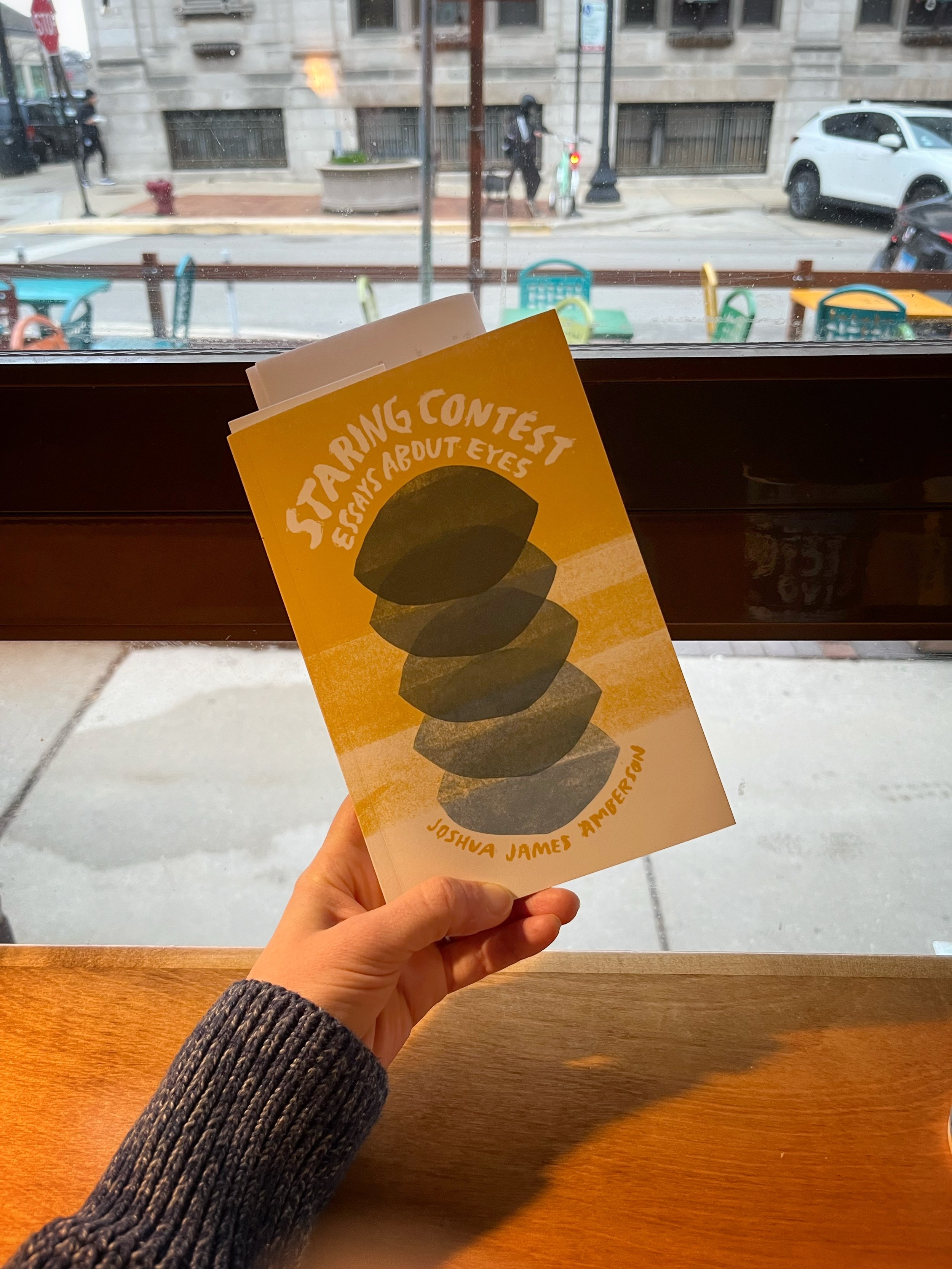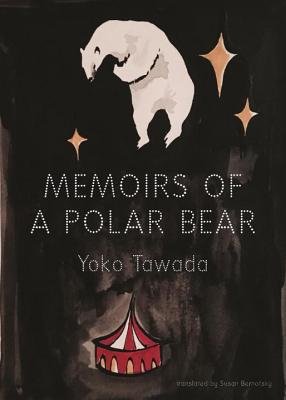Disclosure: I am an affiliate of Bookshop.org and I will earn a commission if you click through and make a purchase.
Yoko Tawada's Memoirs of a Polar Bear, translated by Susan Bernofsky, is a delightful triptych of a novel, exploring the lives and perspectives of three polar bears in captivity: a Soviet circus performer, her daughter Tosca in an East German circus, and Tosca's son Knut in the Berlin Zoo.
A desire for connection—with humans, other animals, and ancestors—weaves in and out of the story. Of course, food always captures my attention, so here is the matriarch connecting with her soup:
In the mirror I saw my red-smeared lips, a masterpiece of the beets. I'd never eaten root vegetables voluntarily, but when a beet came swimming in my bowl of borscht, I immediately wanted to kiss it. Bobbing amid the lovely dots of fat floating on top—which at once awoke my appetite for meat--the beet was irresistible.
The unnamed matriarch pens her memoirs, struggles with an unscrupulous publisher, travels to East Germany and then Canada, where she gives birth to Tosca. The second section of the novel, which appeared at first to be from the perspective of a human performer in an East German circus, seemed a bit slow to me, and I wasn't sure if it was because the stress of the pandemic had shortened my attention span or because Tawada's fun imagining of a polar bear's mind was so refreshing that I was eager to return to it. But her use of perspective is slippery; it's thrilling to learn the human was trying to write Tosca's story, but, as befits a human, was making the story about herself. For this problem, Tosca offers writing advice that is at once practical and surreal:
"First you should translate your own story into written characters. Then your soul will be tidy enough to make room for a bear."
"Are you planning to come inside me?"
"Yes."
"I'm scared."
We laughed with one voice.
Tosca's son Knut rounds out the story. We meet him as an adorable tiny cub nurtured by the zookeeper Mattias:
Knut would feel the trembling of these delicate human fingers, hear the oceanic sounds emanating from Mattias's entrails--and Knut's abdomen would take up the tune, trembling in harmony.
The zoo, the media, and politicians hold up Knut as earth's savior from climate catastrophe. That is, until he is no longer cute. While Knut's section feels a bit didactic at times, hammering in the point that society doesn't care about things that aren't cute, it is unfortunately warranted given how much work there is left to do to prevent catastrophe.
In any case, there is much more to Knut's story than the issue of cuteness, which I won't spoil. The novel's gorgeous ending brings together Tawada's playfulness with perspective throughout the book in a manner both uplifting and astounding. Read this book, and do something for our planet, please. Compost, start your own vegetable garden, green your roof, plant a tree or five million.


